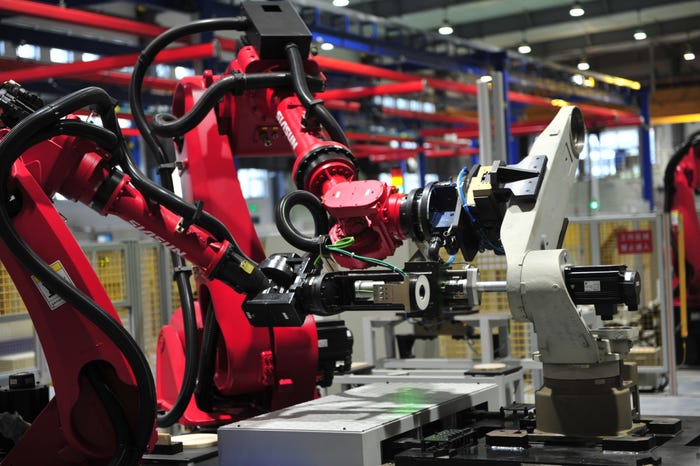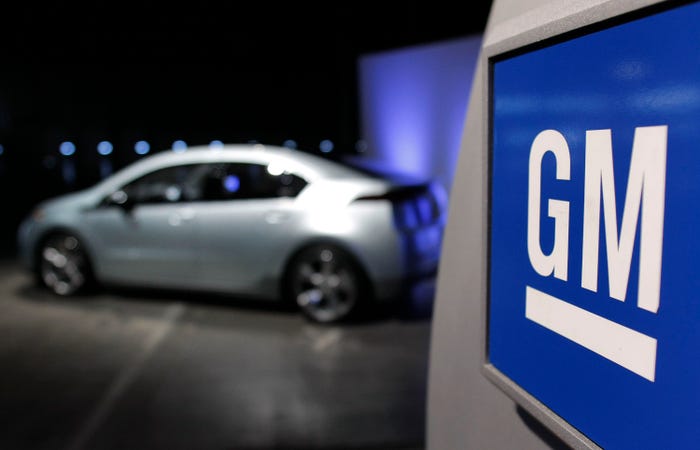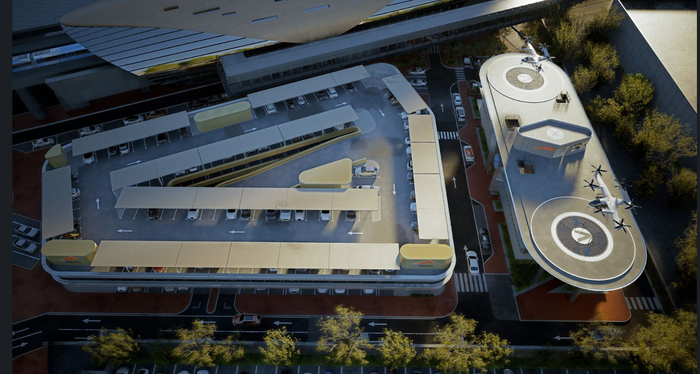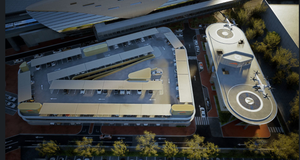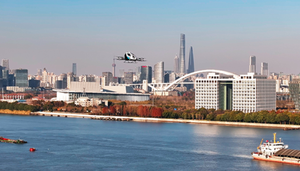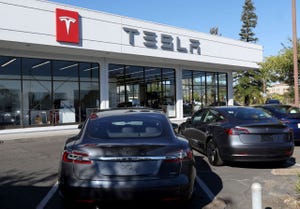Beep Self-Driving Vehicle Network Launched on Florida State CampusBeep Self-Driving Vehicle Network Launched on Florida State Campus
The project is also part of an initiative to establish an autonomous vehicle network in the city of Jacksonville

Beep has rolled out its autonomous vehicle service at Florida State College at Jacksonville (FSCJ), marking its first full-scale deployment at a Florida university campus.
The project was launched in collaboration with the Jacksonville Transit Authority (JTA).
Under the initiative, Beep’s self-driving shuttles will be deployed across the campus to transport visitors, students and faculty on a one-mile route that connects the university’s Advanced Technology Center with several buildings.
The shuttles use self-driving software from Oxa and feature lidar, radar and high-fidelity cameras for 360-degree always-on sensing capabilities.
The project comes from JTA and FSCJ’s partnership, established in 2020, to explore and develop novel mobility options in Jacksonville, for enhanced pedestrian and roadway safety.
It also comes as JTA gears up for Phase 1 of its Bay Street Innovation Corridor project, designed to turn the city’s Skyway monorail system into an autonomous vehicle network.
Phase 1 is slated to begin in 2025, with the project targeting a three-mile business, residential and entertainment segment of Bay Street in downtown Jacksonville, Florida.
“Our partnership with FSCJ and our industry partners Beep and Oxa, goes beyond merely deploying autonomous vehicles on campus – it marks a significant stride towards enhancing mobility in Jacksonville, making it more efficient and safer,” said Nat Ford, JTA’s CEO. “This initiative is a testament to years of hard work and collaboration between the private and public sector, including the U.S. Department of Transportation.
“We are eager for the FSCJ campus and the wider Jacksonville community to experience these AVs firsthand to see the benefits these vehicles bring as we prepare for the launch of Phase 1 of the Bay Street Innovation Corridor.”
The corridor will also see the launch of several digitization technologies to upgrade the city’s infrastructure, including pedestrian sensors, street flood notification systems, smart lighting and smart waste management.
About the Author
You May Also Like


